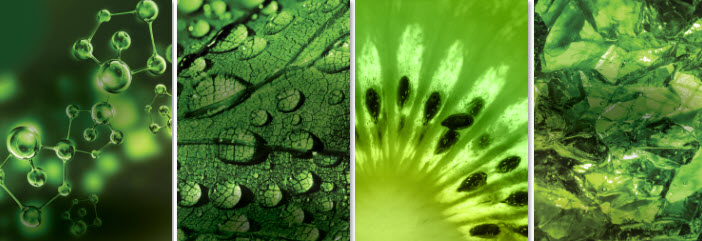The world´s most comprehensive portfolio of separation technologies.
Separate and filter
Potash dewatering at BELARUSKALI, Belarus
At many mining refineries, the overall aim in dewatering is simple: to profitably produce huge total volumes with easy handling and minimal maintenance. Equipped mainly with thickeners and flow-operated vacuum filters, it is a continuous process with little room for improvements that boost margins.
The challenge:
A leap forward in capacity, cost efficiency, and quality
Belaruskali, one of the world’s largest potash producers, approached us with a more ambitious goal in mind. Their objective was to replace their rotational vacuum filters with a more innovative solution. One that would:
- increase capacity
- reduce energy and investment costs
- minimize the moisture content of their filter cakes
Every process step was to be reconsidered, while maintaining the highest standards of efficiency and easy maintenance. After a thorough evaluation, we saw an opportunity to rethink the bigger picture. A way to
do more with less space that would give Belaruskali a competitive edge for years to come.
Our solution:
Fine and coarse dewatering for optimal process control
Rather than focus only on improved equipment, we proposed a new, more efficient approach to dewatering where the brine slurry would be separated into a fine and course fraction. This made it possible to handle the two products separately, each with the most efficient equipment for the job. To minimize solid breakage in the coarse fraction, a pusher centrifuge with gentler product acceleration was installed. In addition to higher yield and filtration rates, it enabled 25% higher capacity at the same moisture content. Fewer coarse particles also meant less wear and downtime, and lower maintenance costs.
For finer particles, an optimized high-capacity vacuum disc filter served to handle up to 200 t/h of dry solid capacity. As a result, operating costs were immediately cut by 15%. An individual piping system for each filter cell was also added, further improving capacity while reducing final moisture content.
Results:
Better products and bigger margins, with one-third less footprint
Thanks to our collaboration, Belaruskali was able to improve performance well beyond initial expectations: Today the same site boasts 10% higher capacity, 15% lower energy costs, and a 30% reduction in residual moisture. Not least, the total equipment footprint is one-third smaller, providing ample space for optimized maintenance and
operations, including a well-integrated direct-feed dewatering system.
Compared to traditional solutions, the payoffs include dramatically lower investment and specific annual costs, along with improved product quality and handling. All of these are the direct results of a more comprehensive approach to potash dewatering – a combination of deep process knowledge, efficient separation solutions and a uniquely forward-thinking customer.








